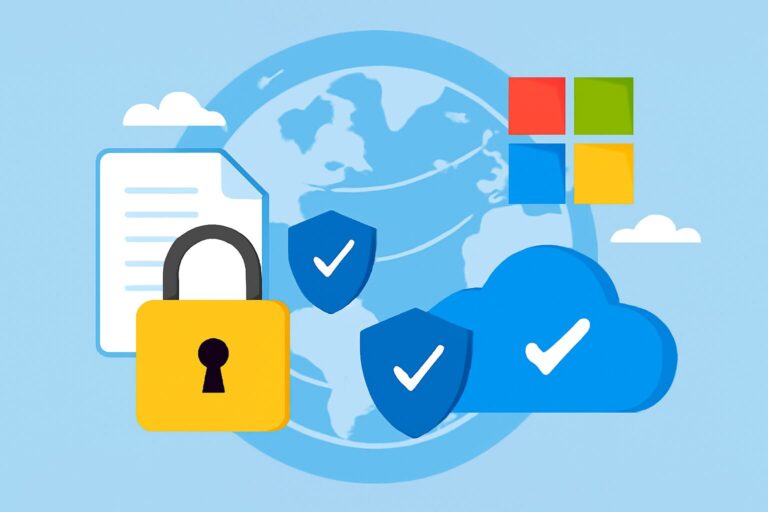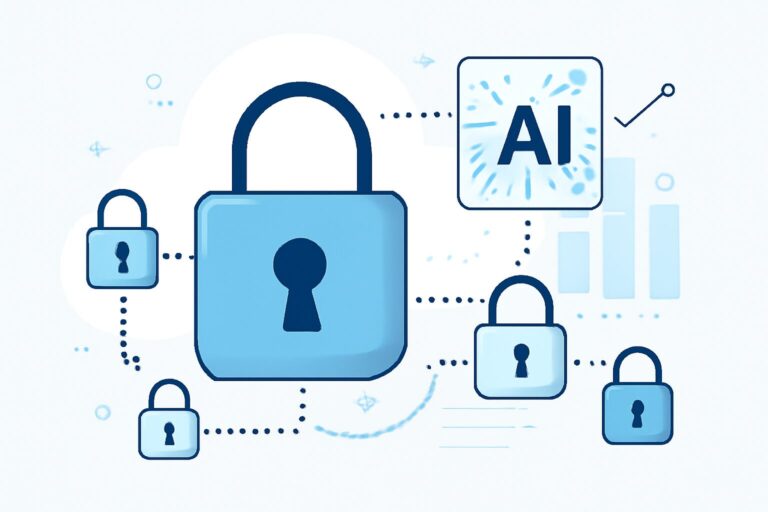## Do You Really Understand the Impact of the Personal Information Protection Law on Your Business? 🧐
With the rapid development of the digital economy, the importance of protecting personal information has become a vital topic for every business. The Personal Information Protection Law (PIPL) in China isn’t just a legal formality—it’s a game changer that affects almost every aspect of your enterprise’s operations. If you’re still thinking, “It can’t be that serious, right?”, it’s time to take a closer look! 💡
### What is the Personal Information Protection Law?
The PIPL, enacted in November 2021, is often compared to Europe’s GDPR. It sets strict rules on how personal data is collected, stored, processed, and transferred. The law’s objective is to protect individuals’ rights and interests over their personal information while encouraging responsible data usage.
### How Does PIPL Affect Your Business? 🚨
**1. Data Collection & Consent**
You must now obtain clear, informed consent from users before collecting their information. Pre-checked boxes or vague language? 🚫 Not allowed anymore! Consent needs to be specific and easy to withdraw.
**2. Data Storage & Security**
The law requires you to implement robust security measures to prevent data leaks and unauthorized access. Regular security audits, encrypted databases, and restricting access to sensitive information are now baseline requirements.
**3. Data Processing with a Purpose**
PIPL prohibits excessive data collection. Only gather what’s necessary for your intended operation. For example, don’t ask for someone’s home address if you only need their email for a newsletter.
**4. Cross-Border Data Transfer 🌏**
Planning to send data outside China? You’ll need to pass security assessments and potentially sign contracts with overseas recipients. Failing to comply can result in heavy fines and business restrictions.
**5. User Rights**
Individuals have the right to access, correct, delete, and even port their data. Your business needs transparent procedures to respond to these requests efficiently.
### Practical Tips for Compliance 💡
– **Conduct a Data Audit:** Map out what personal data you collect, where it’s stored, and who can access it.
– **Update Privacy Policies:** Clearly explain what information you collect and why. Make it simple and user-friendly.
– **Employee Training:** Ensure your team knows the basics of PIPL and how to handle data responsibly.
– **Appoint a Data Protection Officer:** For larger businesses, assign someone to oversee data compliance.
– **Invest in Technical Solutions:** Encryption, access controls, and regular penetration testing are your friends.
### Why Should You Care? 🤔
Ignoring PIPL can mean severe penalties, up to 5% of your previous year’s revenue, or even shutting down your digital operations. But compliance is more than just risk avoidance—it’s a chance to win customer trust and stand out as a responsible brand.
—
Ready to get your business PIPL-ready? Check out our website for more practical guides, compliance tools, and expert services to help you every step of the way. Don’t wait until it’s too late—data protection is a journey, not a one-time project! 🌐✨
************
The above content is provided by our AI automation poster




